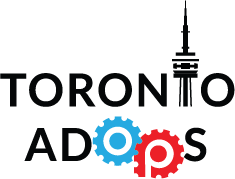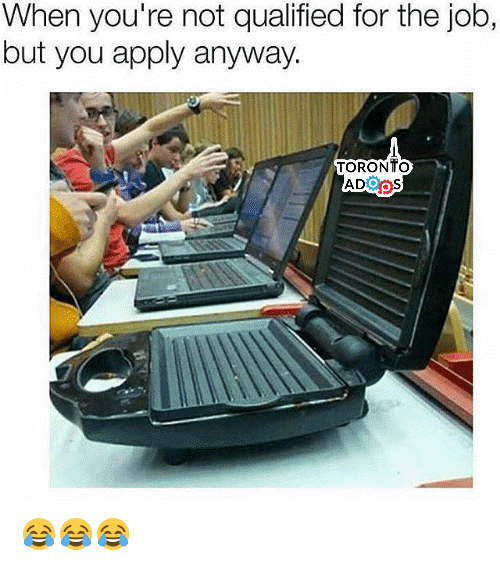Understanding job description
Read job descriptions very carefully. Have a good understanding what it is you are applying to. Same words can have different meaning and interpretations to different people. You want to be ‘on the same page’ as much as possible with the individual who wrote the job description in terms of what the job really is about, what is the main goal of the position is and what success of the role looks like. Too many people misinterpret the purpose of the role simply because definitions of some terms, words and concepts found on the job description differ between applicant and hiring manager.
Reaching out
It’s not a bad idea to reach out to people who work at the company/department/team and ask them specific questions about the position.
When you start reaching out to people, don’t just say I’d like to learn more – be very specific in what it is you want to know (skills/tasks/responsibilities/hiring manager/team culture… etc). Avoid saying things like “Do you have any opportunities that fit me?” Do your research in terms of any potential opportunities being available at the time, before you start reaching out to people. Look on LinkedIn, company’s career page and other career resource sources if there are any open role. Send the opportunity link as part of your message.
Resume
Be sure to avoid grammatical and spelling mistakes. Attention to detail is key. It’s a good idea to let others read your resume before you submit it with your job application.
Don’t make your resume more than 2 pages long. It’s ok to make descriptions of your earlier roles and experiences shorter. Just be sure it’s to the point and can still provide a good understanding of what that role or experience was all about.
If you are including a cover letter with your resume it’s best to not make it too long. Five to seven sentences should do it. Your resume should do the rest.
Tailor your resume to the job description. The two should align as much as possible. Think of them as two parts of the same story. If job description is part one, does your resume flow or match the story enough to be a fitting part two?
Easy way to do this is to take key phrases from the job description and reword them in the relevant context of your experience on your resume. Also remember to surface all the relevant skills, knowledge and expertise to the top.
Applying
Now that you understand the role and have your resume ready it’s time to submit your application. Apply to the same role only once. After you have applied continue being proactive and give yourself better odds of being picked from the pile of resumes by sending a note to the company recruiter, HR specialist or the hiring manager to let them know that you have applied and to keep an eye out for your application.
Interview
When your interview is being set, find out names of people who will be interviewing you. Do some research on those individuals so you can bring relevant discussion/conversation topics with you into the interview. Knowing someone’s background and experience can also provide guidance on the types of things you should or shouldn’t say in your interview.
Ask questions in your interview.
Write them down beforehand – about job description, about the role, about person you would be reporting to, about team structure, about what success in this role looks like etc. Even if the topics have been covered in the interview, still ask to “discuss further” or “mention in more detail” a couple of questions/topics you had written down. Do not leave a job interview without asking a single question!
Be able to speak to and discuss skills and experience listed on your resume. Be as descriptive as possible and remember not to weir off topic.
Set and manage expectations about yourself, your personality and capabilities in the interview. Be clear and transparent in your interview, don’t commit to things you know you won’t be able to deliver. Don’t be misleading about your character traits. However, it is good to mention that you are up to the challenge and you are not afraid of change.
Never shit talk past colleagues, bosses or places of employment in your interview. If asked questions about your desire to leave your current place of employment, always bring it back to be about your skill or career development – talk about your desire for growth, learning, skill expansion, utilization of your capabilities etc. Never say your last boss was stupid or the place sucked.
Always send a short ‘Thank you’ note after the interview.
*BONUS* tip
Interviewing for a job doesn’t mean you are actively looking to leave your current place of employment. Interviews don’t only exist for the benefit of an employer or a hiring manager. Although somewhat unconventional way, applying for jobs and attending interviews while not actively hunting for a new role, is a great way to get a perspective on your true value/salary potential given your skill set, meet people you probably would not have met otherwise, understand what types of skills and capabilities are demanded in the market, test and assess how good your interview skills are, learn how others define and measure success. It’s also a good way to discover hidden gem opportunities, sometimes the best part of a role doesn’t come though in a job description but rather via live conversation. Every interview is practice for that one job you really want 😊
Join our Digital Marketing Job’s group for latest opportunities – https://www.facebook.com/groups/OnlineJobsToronto

